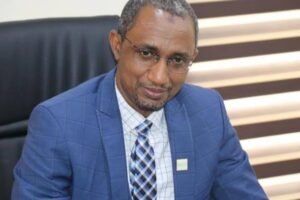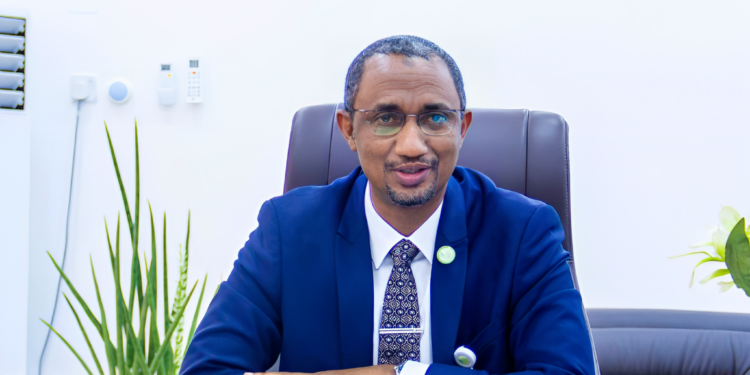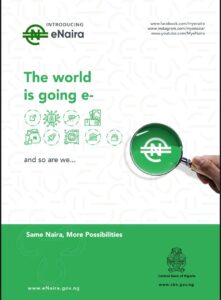The Nigerian Metrological Agency (NiMet) recently signed a Memorandum of Agreement with the Nigerian Inland Waterways Authority (NIWA) on early warning systems to mitigate the disasters associated with inland waterways transportation amongst other benefits. The NiMet DG, Prof. Mansur Matazu who spoke on the sideline of the event said NiMet is partnering with local communities to develop community-based early warning flood alerts forecasts. He spoke on other issues. Excerpt.
What’s the biggest win on the agreement with NIWA.
We are really fulfilled today because we are fulfilling one of our mandates by providing effective weather searches, especially for safe navigation within Nigeria’s waterways. We have been doing this on the coastline of over 800km under NIMASA and the NPA partnership for several years. This is perfecting the water and Navigational system of Nigeria. As we are providing per-minute weather services in aviation and the airlines’ operations rely on our services, we want to continue to do this within the Nigerian inland waterways. We have a lot of potential in providing early warning to safeguard and reduce extreme weather events that cause accidents and mishaps of equipment as we have witnessed currently, especially with climate change.

What challenges do you envisage with the partnership?
For us, NiMet is a marketplace for products and services. Based on our mandate, we provide weather services and information products to all the socio-economic sectors of the country. All these sectors are weather sensitive. Agriculture, water resources, health, and environment. The setup of NiMet also aligns with this because we have various directorates and units set up for this. The water sector is one sector. We have a hydromet department that handles rainforests. We also have a marine unit. We have a central marine forecast too that coordinates the eight marine weather stations and the new weather station that we will install – inland weather station under this new partnership.
Can you also bring g us up to speed on the benefit of the MoU with NIMASA and if some of the gains would be leveraged in the inland waterways’ agreement?
We have a lot of shipping activities either for fisheries or the movement of goods into the country. These ship liners collect information ab-initio from other countries before coming to Nigeria. So, we improved our installations and our services. Based on that we signed an MoU with NIMASA. We now provide refined marine forecasts to this community which we also learned based on our experience. Building on this experience is what is linking us to also look at Nigeria as a whole. We are blessed with running rivers; some are perennial and some are annual and we do have inland lakes. Like NIWA MD said we have more than 24 jetties. We want to extend the experience we have gained from NIMASA to NIWA. Our partnership with NIMASA will soon begin to generate revenue for the country that we have been losing earlier to other countries. We will perfect this with NIWA. First to safeguard operations within the waterways and in the nearest future, we can use the partnership to open a revenue stream between the two organizations and also contribute to the national coffers.
What has been the compliance from government agencies on your warnings about floods in Nigeria?
Early warning is a value chain. I can say NiMet seats on top because we produce a service. So, you need enabling MDAs and the enabling MDAs will relay these services to the users. We are working closely with NEMA and Nigeria Hydrological Services in providing refined early warning systems or community warning systems. People don’t take early warning seriously and when it strikes, it comes with the loss of lives, livelihoods, and infrastructure. So, we are now working with communities to develop the products, what we call community-based flood forecasts whereby you involve the community. They have agents within the system that are sensitized to mobilizing the communities in times of need. We are starting with Cross River State and Akwa Ibom recently. We are also working with other state governors. We are appealing to Nigerians to take weather information seriously because the weather is no longer like it used to be. We have seen extreme events happened this year. Just like we predicted, we have seen flash floods and riverine floods happen especially during this peak period. Warning is very important but compliance is the most important thing.
What’s the duration of the agreement with NIWA?
It is for a period of two years and it’s open for renewal after two years. We have an agreement on terms to implement based on the responsibilities of each agency. It will be mutually beneficial to both agencies and the general public will also benefit.













